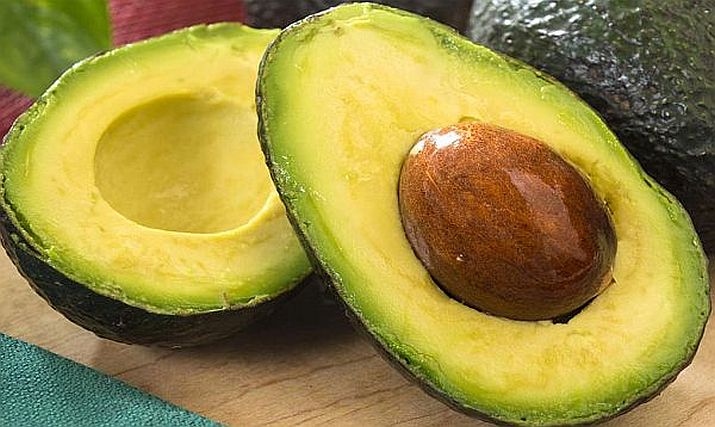
Jalisco, Mexico – Though Hass avocados from the state of Jalisco have been approved for shipments to the United States beginning this year, Ron Campbell of the Mexican Hass Avocado Importers Association said it is most likely shipments will not begin until June.
The executive director of the group said there are a number of certifications and regulatory rules that must be worked through by officials on both sides of the border that will most likely delay shipments until early summer, which coincides with the beginning of the Jalisco production for the 2022-23 season.
When the shipments finally do pass through the border it will be a culmination of almost a decade of effort. Hass avocados from the state of Michoacan gained access to the U.S. market in stages beginning in the 1990s. Always at issue were phytosanitary concerns, which took producer representatives from Michoacan almost two decades to work through.
Mexican government and industry representatives of Jalisco’s avocado industry first asked for access to the U.S. market in 2013, according to Campbell. By May of 2016, most of the regulatory issues had been resolved and it appeared that access would be granted in relatively short order and certainly by the summer of 2017.
However, the United States had a change in presidents in January of 2017 with Donald Trump taking office and U.S./Mexico trade relations taking a step back as a result. There apparently was little movement on granting Jalisco access to the U.S. market from 2017 to 2021.

Campbell said a change in the administration as a result of the election of Joseph Biden in 2020, once again changed the trajectory of U.S.-Mexico relations and the Jalisco talks. “Let’s say there is 180 degrees change in direction,” he said. “Relations couldn’t be better than they are now.”
Apparently, talks resumed and in late November agricultural officials from both countries announced that Jalisco was finally granted access. Still certifications of specific groves and packing sheds have to be completed and shipping protocols must be established before Hass avocados can be harvested and shipped to the United States.
Campbell said that while Jalisco grower-shippers are very interested in being able to sell product to the lucrative U.S. market, he does not anticipate a deluge of extra fruit. He reasoned that Hass avocados from Jalisco are already being sold on the world market as producers from that state have developed customers in other countries. Other experts have opined that the fruit from Jalisco will probably result in a shifting of supplies from one region to another but do not represent new supplies in the market and should not adversely impact the U.S. supply and demand curve.
But Campbell just as quickly noted that the U.S. market continues to expand and has successfully found a home for increasing supplies for the past two decades without a decline in crop value.
Mexico is currently in the middle of its 2021-22 crop year and estimates are that it will ship 2.1 billion pounds of fruit to the United States during that 12-month July to June period. That is a volume level that could not have been predicted in the early 2000s when U.S. consumers were buying only about 25 percent of that number on an annual basis. Today, total Hass avocado sales in the United States are in the 3 billion pound range.
The MHAIA executive said that growth is the result of double-digit year-over-year increases in sales for many, many years. He said U.S. consumers continue to show the ability to increase consumption as the volume rises. In fact, he said there continues to be periods when avocados are in short supply.
The granting of access to Jalisco avocados also gives hope to other producers throughout Mexico who would like to gain access for the state in which they produce. There is avocado production in many different regions with Campbell noting that it appears the states of Mexico and Nayarit might be the most advanced besides Michoacan and Jalisco. But access to the U.S. market for producers in those states would almost certainly be a lengthy process.
Source: The Produce News





